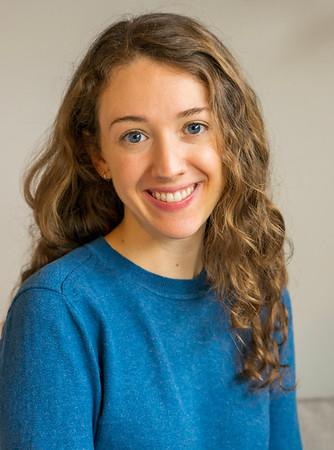What influenced you to pursue a degree in nutritional sciences?
As a kid, I was branded a “good eater,” consuming almost everything I was offered. Until I learned where my meat came from. Then, shocked—and determined to single-handedly change the fate of factory farm animals—12-year-old me developed a diet of bread and pasta. Years later, during a rocky transition to college life, I sank further into the comfort of refined carbohydrates. Eventually, anemic and exhausted, I was forced to expand my diet. So, I started to cook. With my mini rice maker, I made everything from stir fries to pancakes. As I dove deeper into rice maker cuisine, I became more interested in food and nutrition; and more aware of the connection between what I ate and how I felt. I enrolled in nutritional science classes and my passion for food and nutrition took off!
Why did you choose UW?
I had a wonderful undergrad experience at UW and was thrilled to learn about the GCPD. The combination of nutritional science and public health coursework sealed the deal!
What kind of research are you doing?
For my capstone project, I assessed current screen time practices in local Early Care and Education Centers, and identified ways in which the Washington State Department of Health can support the adoption and implementation of screen time best practices.
How would you describe the benefits of your research, or how it may potentially impact public health?
Digital screens have become ubiquitous in our lives. Unfortunately, child exposure to inappropriate and/or excessive screen time has been linked to numerous negative outcomes ranging from poor academic performance to nutrition-related conditions. This project seeks to mitigate these negative outcomes by helping Early Care and Education providers decrease child screen time and increase screen time quality.
What are your future goals?
My immediate goal is, of course, to pass the CDR exam. Long-term, I would like to work as an outpatient dietitian. During my practice experience, I particularly enjoyed working with diabetes patients. Over the next few years, I hope to work toward becoming a certified diabetes care and education specialist.
What do you like most about living in Seattle?
I love the rain, the restaurants, the proximity to nature, and the excessive number of dogs (and, sure, cats).
What extracurricular activities do you enjoy?
Most of my extracurricular activities involve food—I love cooking, baking, and eating. I also enjoy photography, playing with my spastic dog, and spending time (preferably around a meal) with friends and family.
What advice would you give a student who is considering graduate study with the UW Nutritional Sciences program?
Go for it! And approach the internship experience with an open mind. You never know what might pique your interest.

